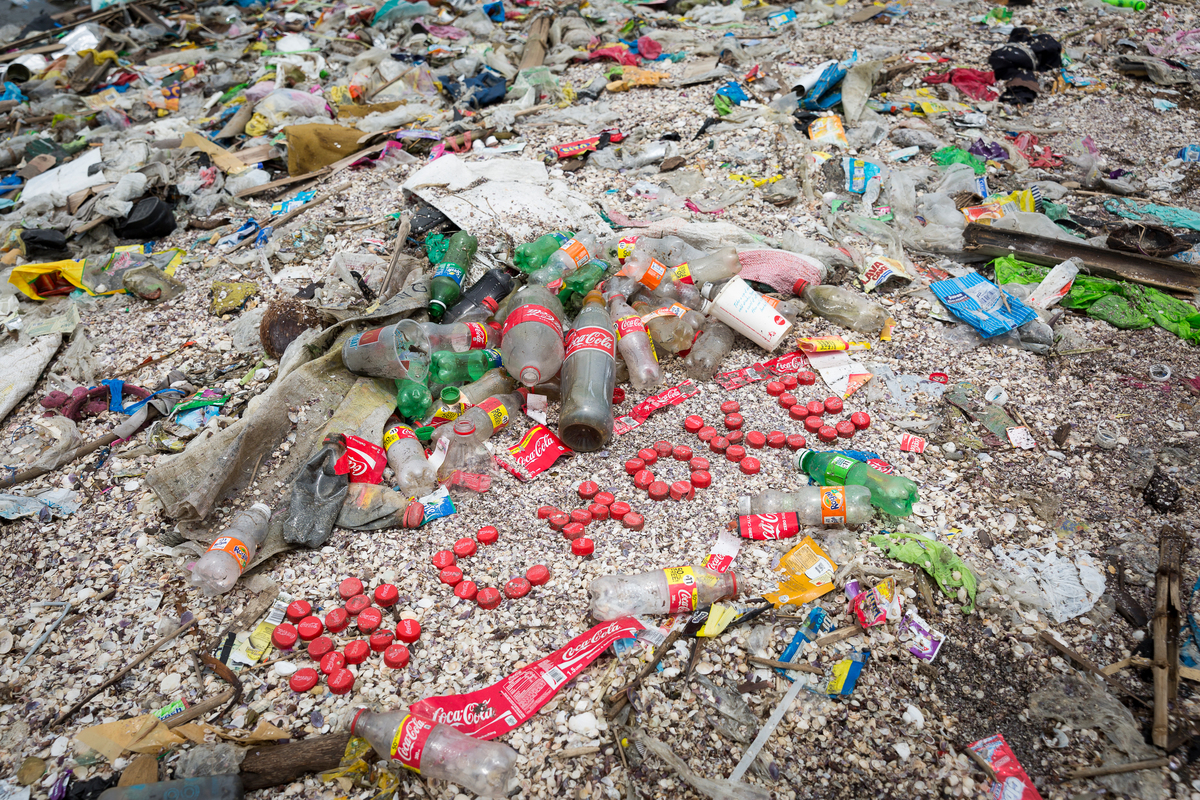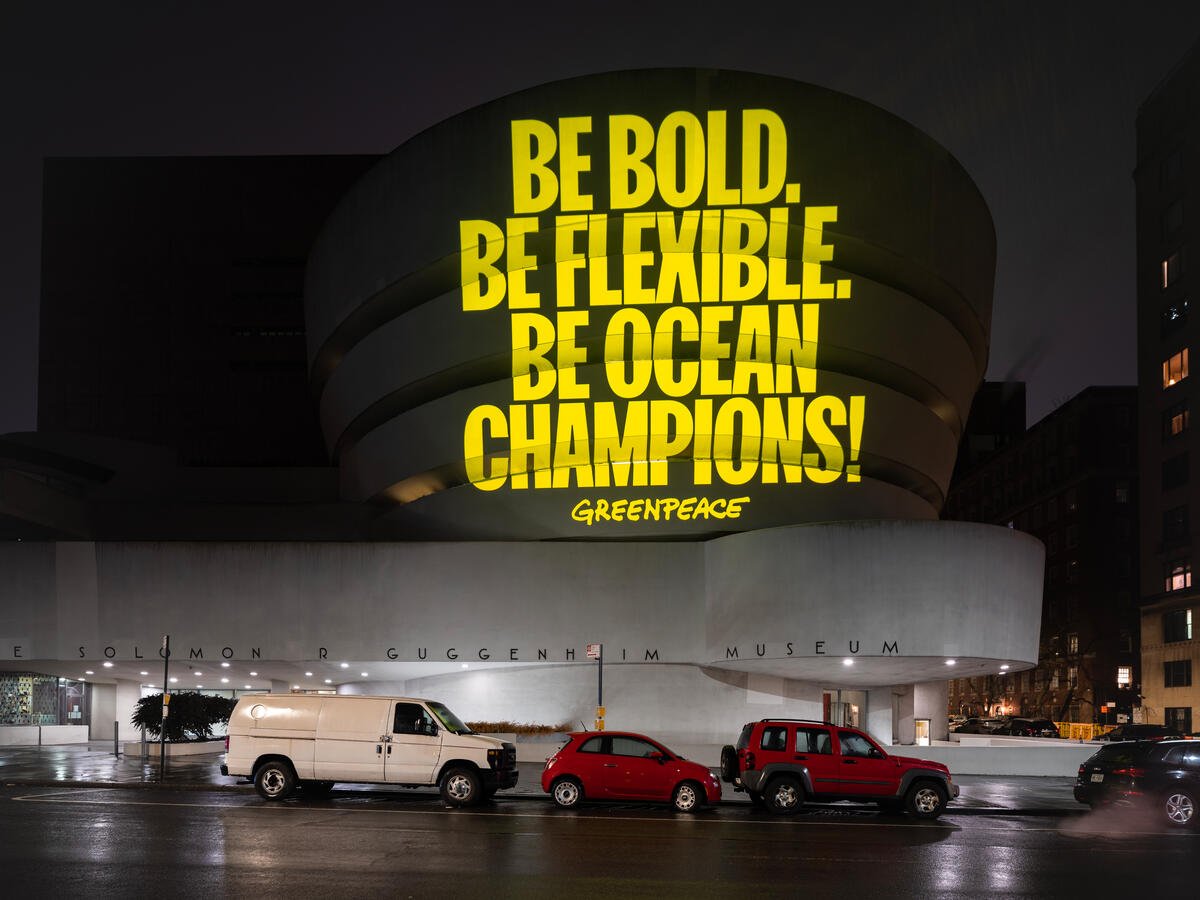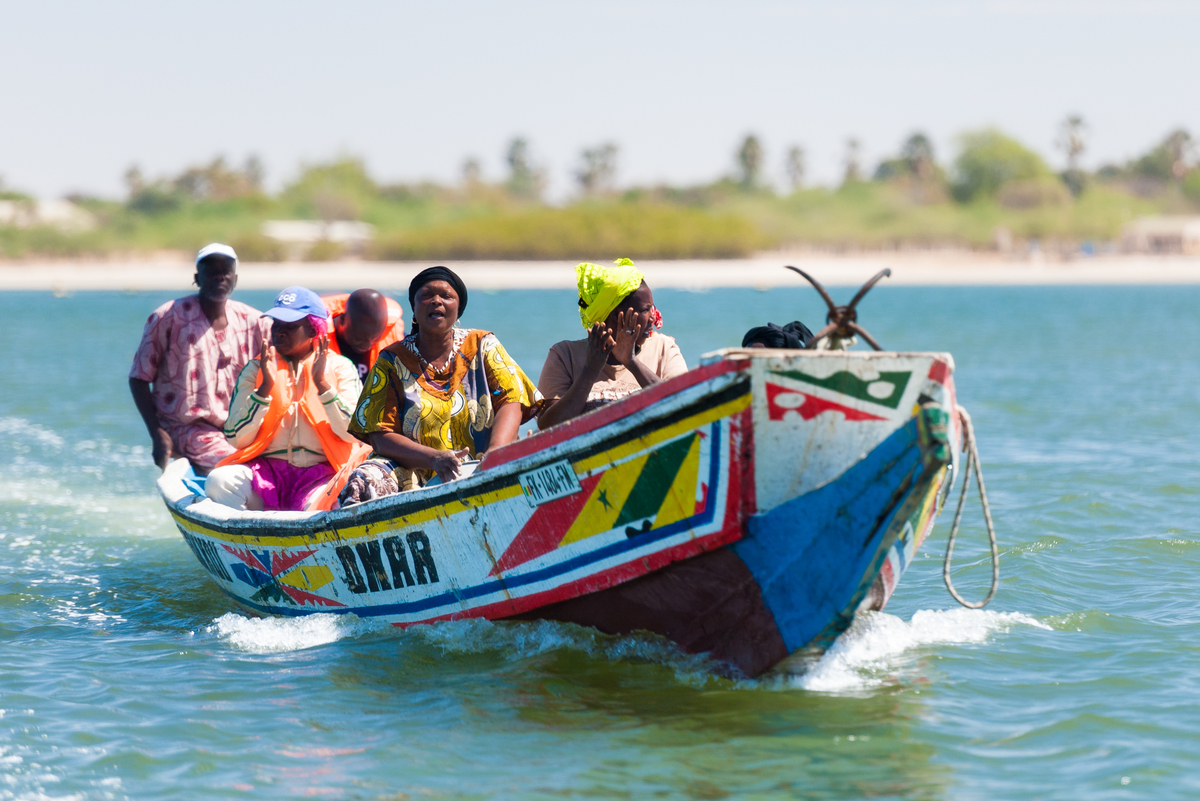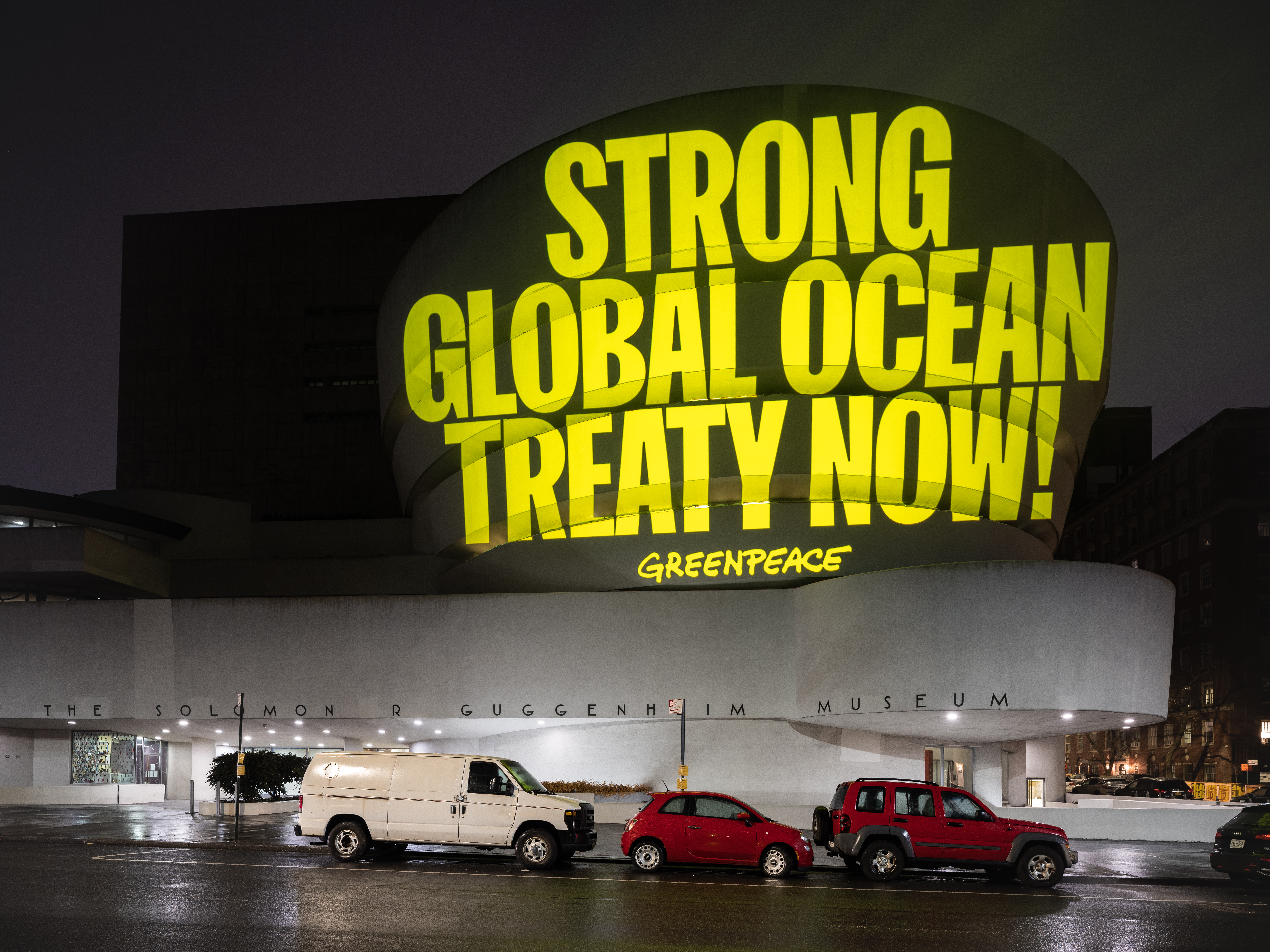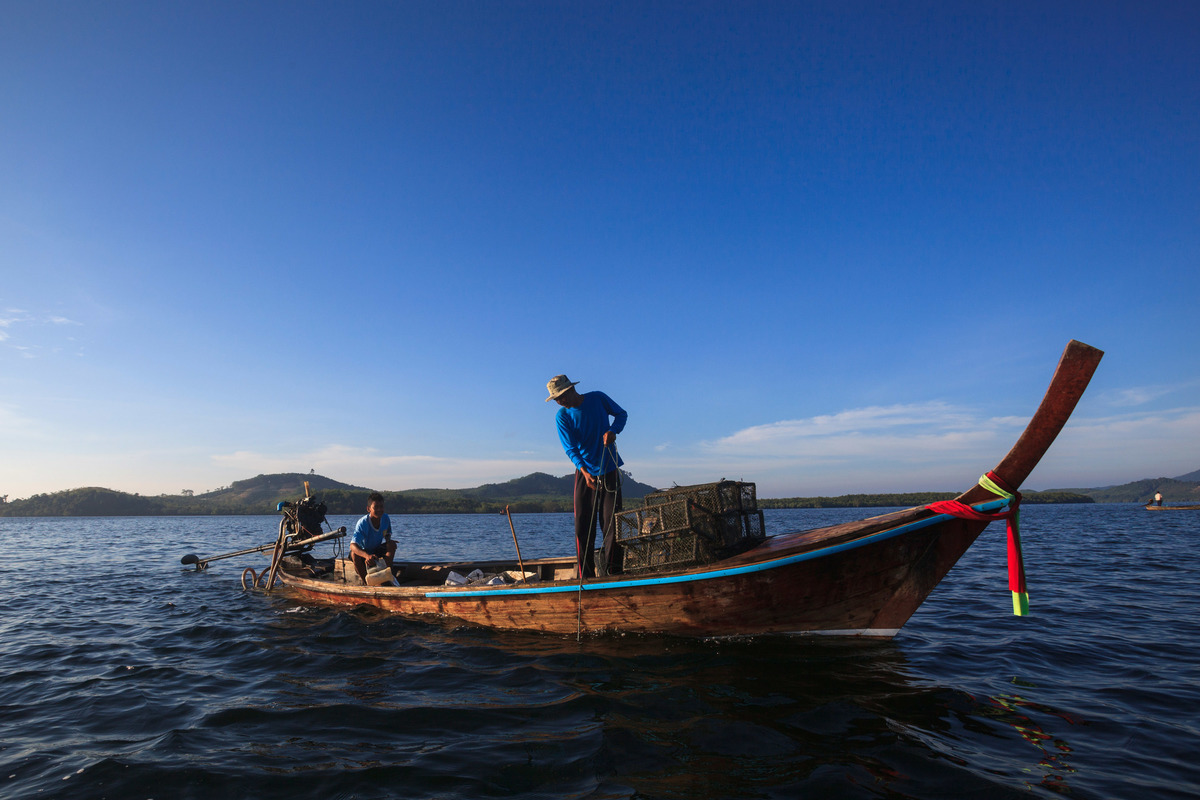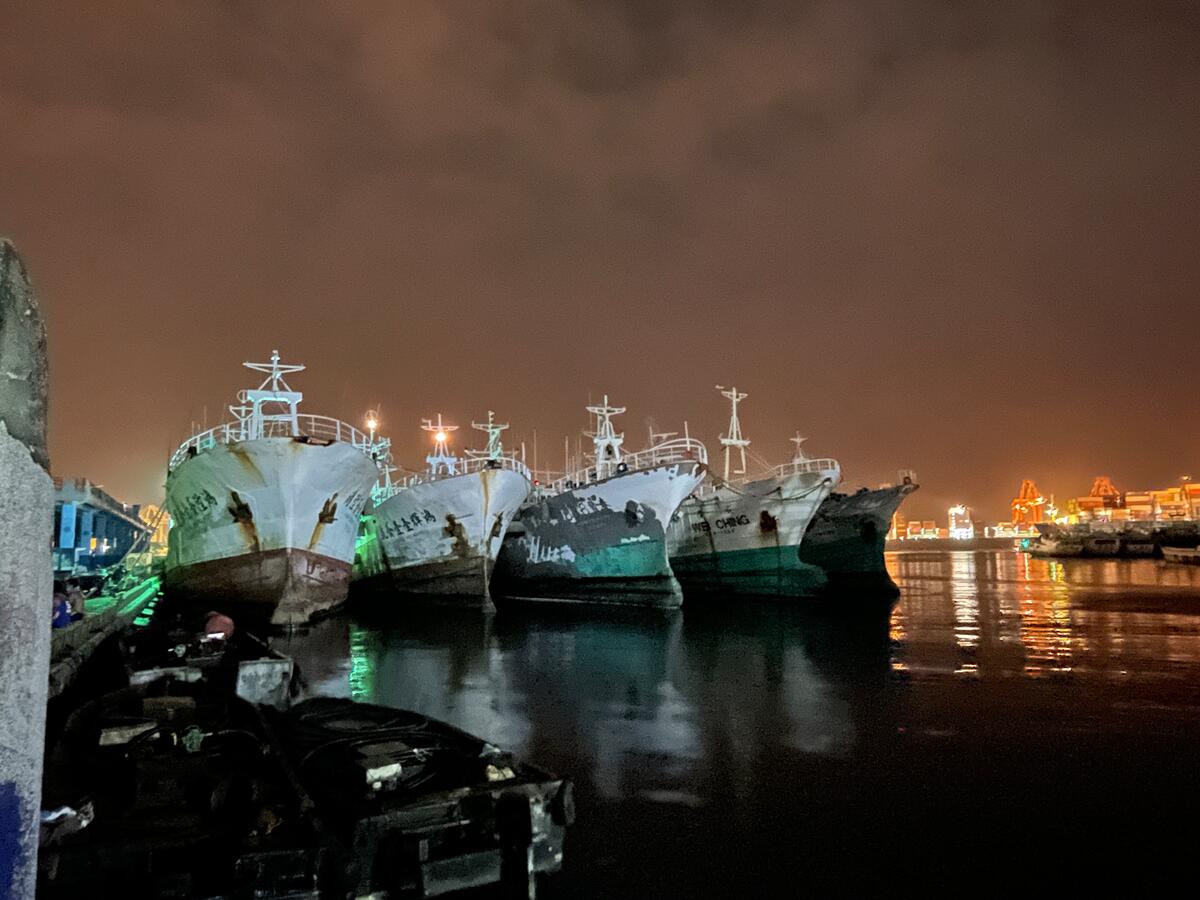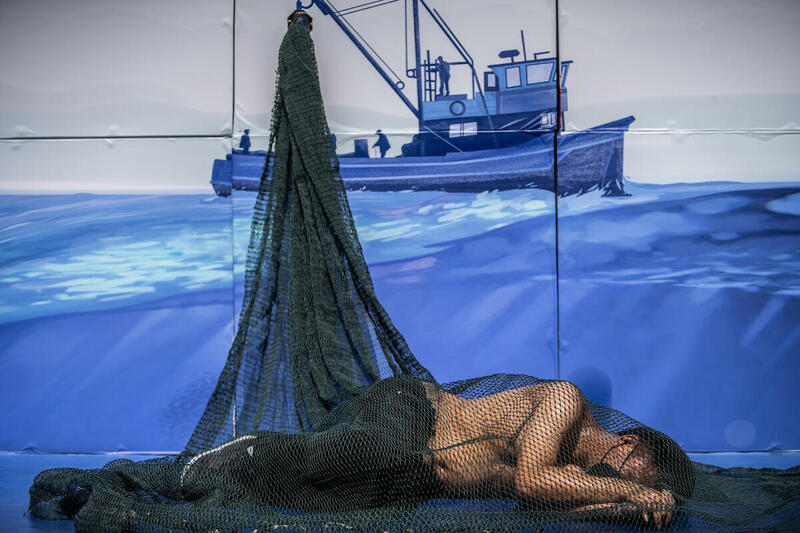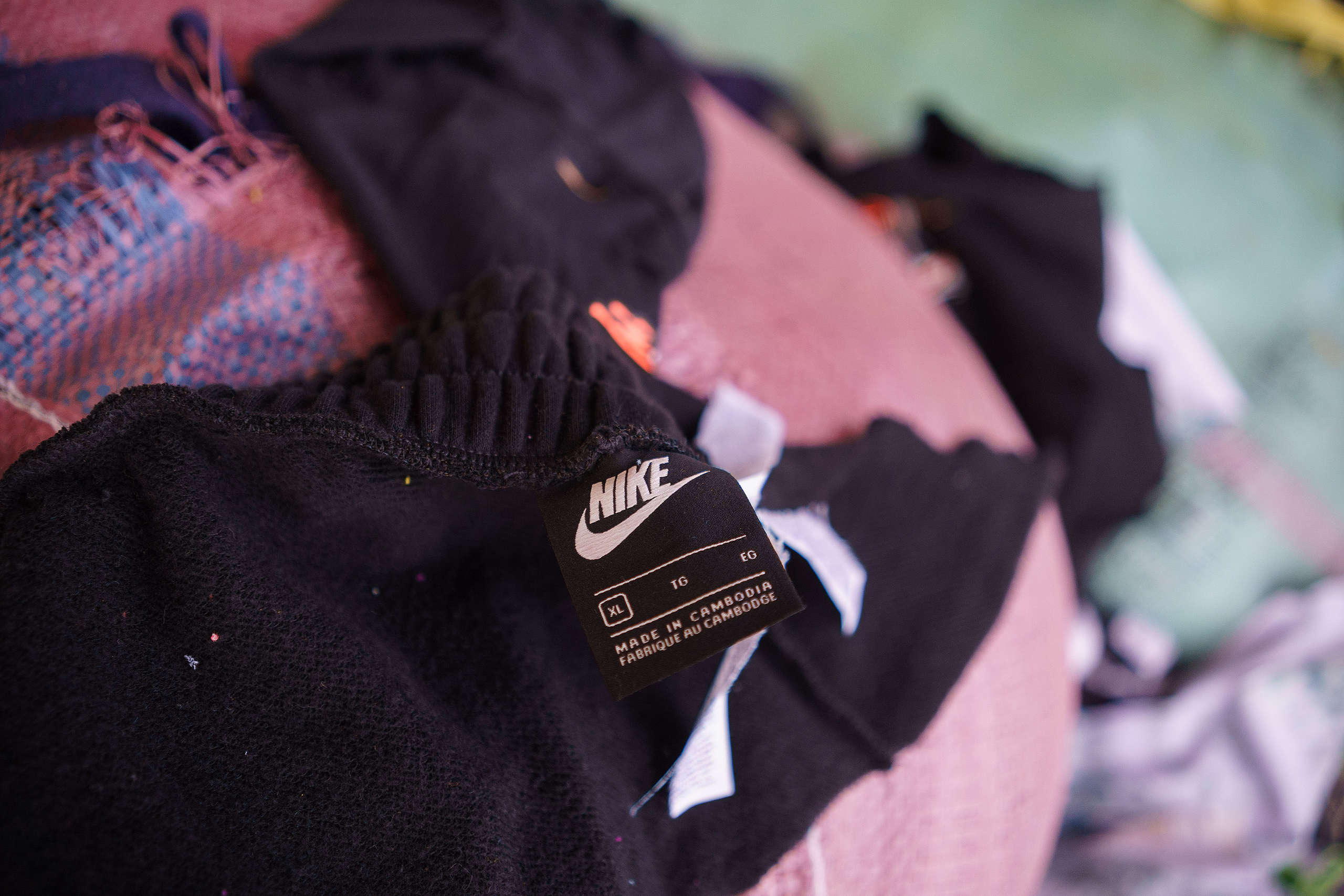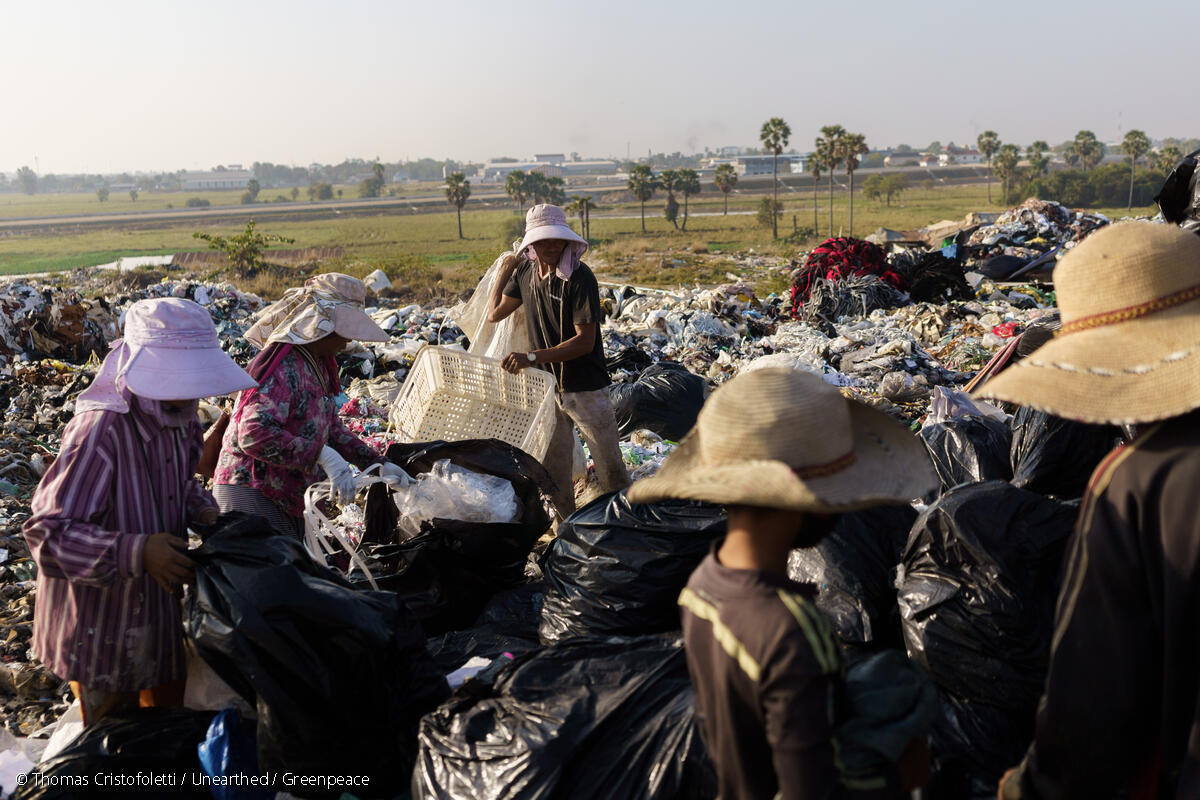-
Greenpeace Philippines calls for reduced plastic production and corporate commitments to shift to reuse systems on first International Day of Zero-Waste
We can’t speak of sustainability while our systems and business models still rely on harmful materials and finite resources like plastics and the fossil fuels which they’re made of. Corporate and government actions for reduced plastic production and reuse must happen.
-
How people power helped protect the oceans
After years of campaigning, a historic international Ocean Treaty has finally been agreed. And it's all thanks to passionate people like you!
-
International Women’s Day: Greenpeace joins fishers demanding women’s rights and access to sea
In time for International Women's Day, Greenpeace and allies call for communities to have preferential access to coastal areas, that they should co-manage these, and that women workers’ active contribution to this process must be guaranteed.
-
Historic UN Ocean Treaty agreed – Greenpeace statement
A historic UN Ocean Treaty has finally been agreed at the United Nations after almost two decades of negotiations.
-
Renewable energy transition empowers women-owned coffee business in Indonesia
Indonesia is one of the largest coffee producers in the world but a climate-driven increase of floods has impacted the livelihood of small-scale producers. Using renewable energy to power coffee driers, small plantations like Lady Farmer Coffee have maintained the quality and taste of your morning cup.
-
Sailing 1,000 km to save Thai mackerels
To prevent Thai mackerel from going extinct, local fishers have campaigned against catching, selling, and consuming juvenile fishes.
-
Investigation finds suspected human rights abuse by suppliers of major US and Taiwanese seafood company – Greenpeace
Major US seafood brand Bumble Bee and its Taiwanese owner, tuna trader FCF, are suspected to have illegal fishing and human rights abuse in its supply chain, according to a new investigative report by Greenpeace East Asia.
-
“Don’t get trapped”: One worker’s warning about what really happens in the fishing industry
A fisher shares his story of forced labour in the high seas and how he's fighting back to help protect the rights of migrant workers in the industry.
-
Cambodian workers pay the price of Fast Fashion’s supply chain waste problem
Despite the claims about sustainability by big brands, today’s fast fashion system depends on shifting its waste problem onto countries in the Global South where the lack of regulation and enforcement has led to the exploitation of workers and the environment.
-
Fashion waste from Nike, Clarks and other top brands’ suppliers burnt in toxic kilns employing modern-day slaves in Cambodia
Aside from ecological and health hazards, the fashion waste investigation also puts the spotlight on Cambodia’s brick sector that has become infamous for human rights abuses, including debt-bondage – the most common form of contemporary slavery.

